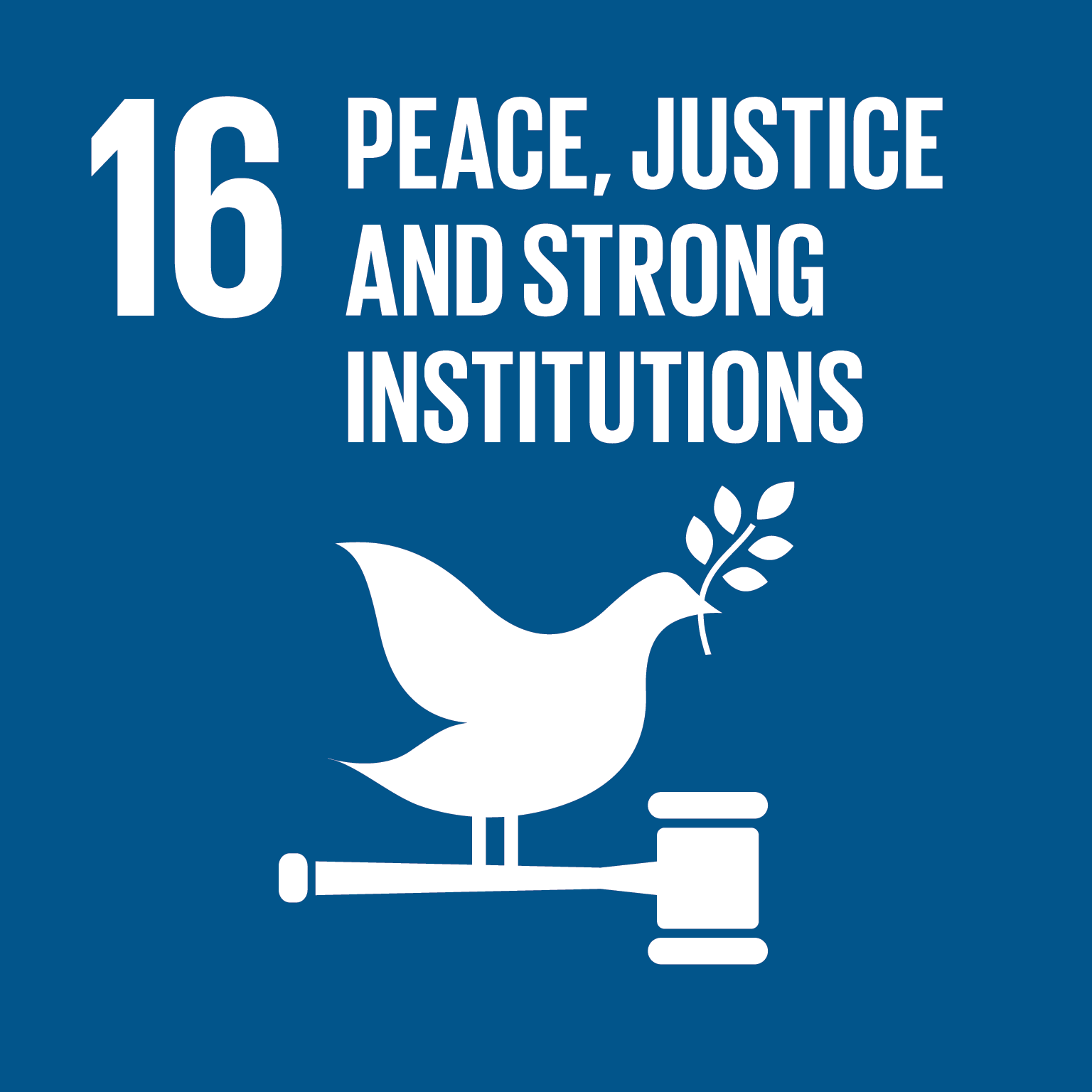Indonesia has a long history of conflict and violence. Following more than 300 years of Dutch or Dutch-backed colonialism, the country’s proclamation of independence in 1945 was followed by four years of revolutionary war against the Allied-backed Dutch.
Subsequently, Indonesia suffered from a number of civil wars in 1950s, anti-communist purge in the last half of 1960s, state-terrorism throughout the Soeharto era from 1968 to 1998 and ethno-communal violence in 1998-2004. In 2005, the Aceh insurgency, the last large conflict, ended and the country has finally experienced a relative peace. The threat of violence, however, persists as Indonesia is now characterised by a high frequency of small-scale violence.
The United Nations Sustainable Development Goal 16 promotes peace, justice and strong institutions at all levels. Targets 16.1 (significant reduction of violence and related deaths), in particular, is instrumental for Indonesia.

It is in this context that the study investigates factors contributing to violence in post-conflict Indonesia and how conflict experience has an impact on behaviour. In this study, the focus is on how cultural diversity has an impact on violence, as has been shown in many past cross-country studies and in the eruptions of ethno-communal violence during the country’s transition to democracy. Meanwhile, a spiteful behaviour lab-in-the-field experiment is used to understand the impact of conflict during the Aceh insurgency on today’s behaviour. Also, SDG target 16.7 (inclusive decision-making) of the SDG is relevant as women in Aceh were largely side-lined during the reconciliation process and it may have an impact on their behaviour.
Project timeline: 2016 - 2019
Key contributors:
- Muhammad Ryan Sanjaya
- Swee Hoon Chuah
- Robert Hoffmann
- Simon Feeny
This project addresses the following Sustainable Development Goals and Targets:
16.1 Significantly reduce all forms of violence and related death rates everywhere

Get in touch
For more information or to discuss partnership and collaboration opportunities, email us at SDGs@rmit.edu.au.
For more information about RMIT’s sustainability commitments and activities visit www.rmit.edu.au/sustainability



